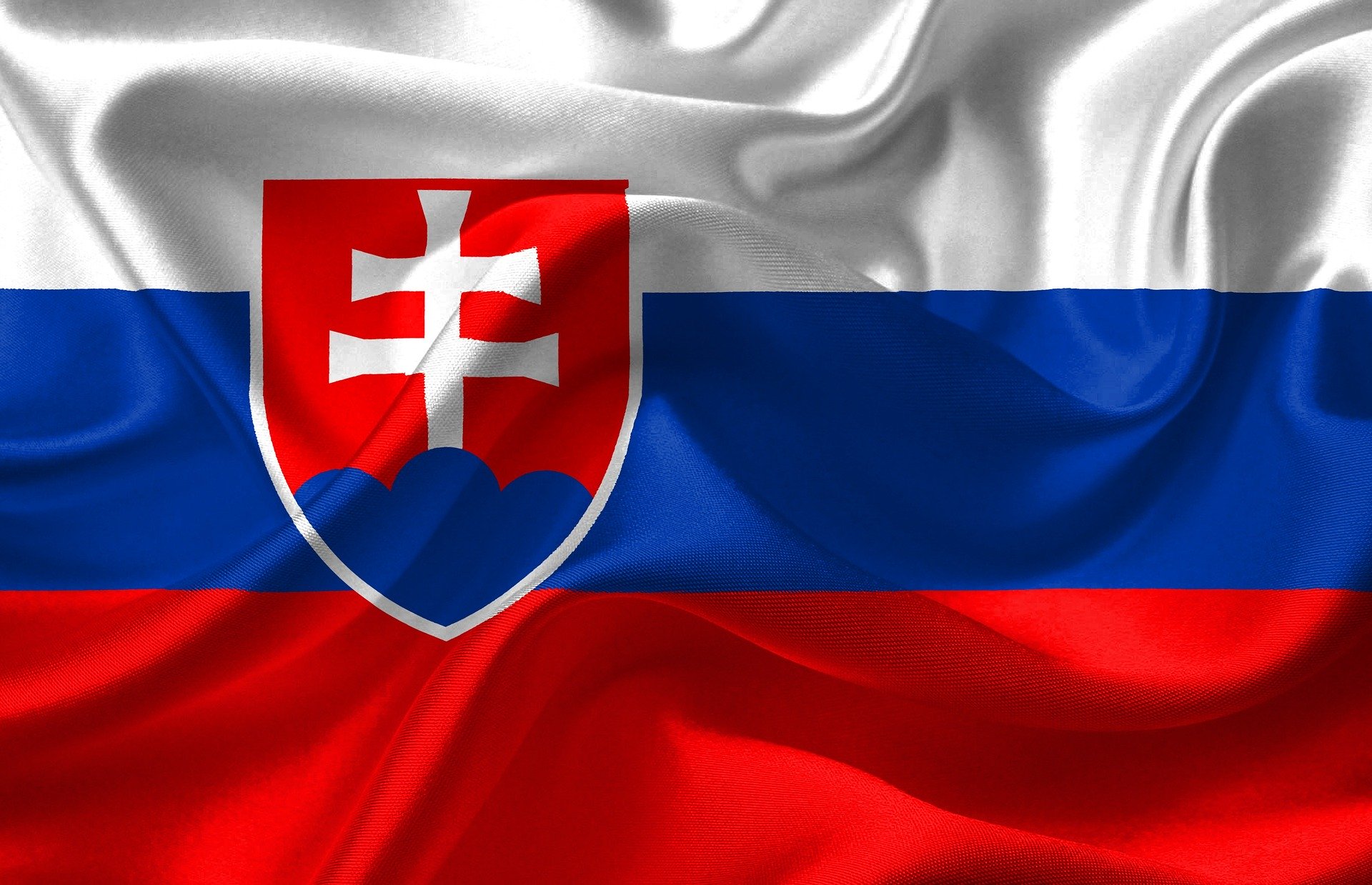The National Criminal Agency (NAKA) in Slovakia is conducting an investigation concerning the highest levels of the Slovak Agricultural Paying Agency, responsible for distributing subsidies. It seems that the state paying agency devised a system of bribery, barring access to European agricultural subsidies. In order for farms and businesses to get EU funds, they were required to bribe officials with 14 to 20 % of their allocated subsidy. The investigationstarted at the end of April and it uncovered new record levels of crime over the last weeks. According to Slovak media, more than 100 companies are involved and so far, the bribes mapped by Slovak police make up around 11 million euros.
Most recently, a number of people have been taken into custody and around 19 people and 5 companies have beenprosecuted. The law enforcement arrested a former director of the state paying agency, other senior public servants from the Ministry of Agriculture, a prominent financier close to the former Slovak National Party, SNS, Martin Kvietik, and several lawyers and businessmen. The police also detained a well-known oligarch, Norbert Bodor, who stands accused of money laundering and links to the murder of the journalist Ján Kuciak
Doubt has even been cast onto the judicial system, after judge Michal Truban decided not to place Norbert Bodor under arrest, even though his objectivity had been questioned because his family received EU funds authorized by one of the officials who have been charged in the case. This caused public outrage and forced the Supreme Court to overrule the judge’s decision. A member of the Supreme Court described the case to the media as ”a monstrous bribery and money laundering machine (…) without any precedence in Slovakia.”
Corruption in connection to EU subsidies in agriculture has been a long-standing issue in Slovakia, as farmers described shocking cases of land-grabbing, involvement of organised crime or financial groups, and outrageous bribery schemes. This is why we need a strong EU-level budgetary control mechanism and rule of law conditionalities in the allocation of EU funds. European citizens should be able to trust that their national authorities are protecting their interests and providing them with the subsidies they deserve without any misuse or corruption.
During a mission from the European Parliament to Slovakia in March 2018, a number of issues concerning the Slovak Agricultural Paying Agency, such as problematic audits, were already reported and then pointed out in the Resolution of the European Parliament of April 2018 regarding the case of the murder of Ján Kuciak. As an active member of the Budgetary Control Committee in the European Parliament, Mikuláš Peksa asked the Committee to follow up and organise a public hearing regarding the case in order to discuss measures for avoiding more corruption scandals in Europe.
“High-ranking politicians and senior officials have been misusing EU funds on a large scale for personal and political gain. If European citizens’ money is misused and systematically channelled towards strengthening corrupt authorities, it destroys citizens’ trust in democratic institutions and politics. This is why we need a strong EU-level budgetary control mechanism” says Mikuláš Peksa, Chair of the European Pirate Party.
The EU has an anti-fraud strategy and two dedicated bodies conducting administrative and criminal investigations of fraud in EU funds: the European Anti-Fraud Office (OLAF) and the European Public Prosecutor (EPPO). To start with, anyone receiving EU funds should be subject to these bodies’ scrutiny and national judicial authorities should be obliged to take their conclusions into consideration. At the moment, 5 Member States still do not allow the EPPO to investigate fraud on their territory, namely Hungary, Poland, Sweden, Denmark, and Ireland, and only 36% of OLAF’s cases end up in an indictment on a national level because of a lack of political will.
Moreover, Member States should provide a public list of final beneficiaries of EU funds in a uniform, machine-readable format and make use of the EU’s databases to prevent fraud. To ensure transparency, the European Commission should also collect, aggregate, and publish data listing the largest beneficiaries in each Member State. There is currently no transparency in where the money goes after it has been distributed to national authorities, like the Slovak Agricultural Paying Agency.
“Cattleman is just another case in a long series of subsidies abuses, with at least 11 million euro lost on bribes. The European control system has not been built with the Slovak systematic corruption in mind”, comments Jozef Brezovský from the Slovak Pirate Party.
“On the national level, policy changes are needed as well: transparency, legislative changes in land ownership, and easier land consolidation”.
To shed some light on how the Commission intends to ensure the protection of the EU’s financial interests following the Cattleman scandal, Mikuláš Peksa issued the following written questions to the Commission:
- Have the European Commission been aware about the past criticisms of how the Slovak Agricultural Paying Agency functions? Which national or European institutions have sent official notifications or reports to the Commission, concerning complaints on the work of the Slovakian Agricultural Agency?
- What steps have been taken to address the issues mentioned by, among others, the Slovak audit authorities and the European Parliament?
- How can the Commission ensure the EU’s financial interests will be protected with regards to the scandal concerning the Slovak Agricultural Paying Agency, and how will it ensure that the situation is remedied, that there are financial consequences, and that no such situation reoccurs in the future?


0 comments on “Cattleman case: a new corruption scandal in Slovakia”